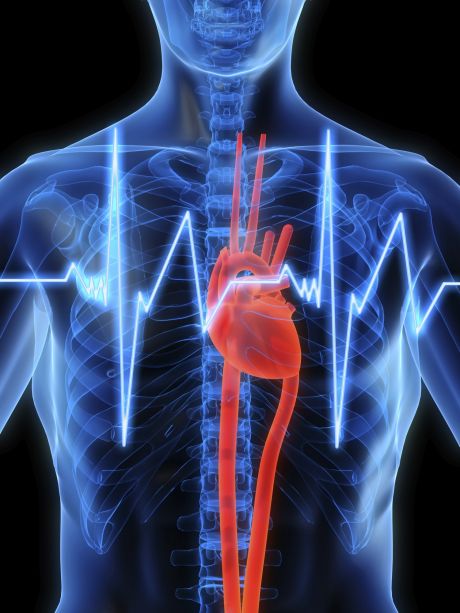Rapid test to diagnose heart disease

Rapid test to diagnose heart disease
Scientists have developed a rapid new method to analyse blood for signs of cardiovascular disease.
Cardiovascular disease is the most common cause of death in developed
countries, but its symptoms only become evident late in the course of
the disease. There is need for diagnostic tests that can easily identify
cardiovascular disease earlier in its progression.
The EU-funded CARDIOBIOLIP (Novel mass spectrometry-based integrated analytical platforms for lipidomics studies on blood lipoproteins for cardiovascular disease research) project developed a new, faster method to analyse various types of lipids in blood lipoproteins. Lipoproteins are complexes of fats and proteins in the blood that move specific lipids around the body.
CARDIOBIOLIP explored how lipid composition, lipid metabolism and lipoproteins are connected to the development of cardiovascular disease. Researchers developed new methods to separate and analyse the lipids and lipoproteins found in a blood sample.
Using their newly developed methods, the team found that mice on a high-cholesterol diet developed atherosclerosis (fat deposits in the heart) quicker than low-cholesterol mice. High-cholesterol mice had high levels of oxidised lipids, indicating that the inflammatory response has a role in triggering atherosclerosis.
CARDIOBIOLIP's new methods for blood analysis hold promise for the early diagnosis and prediction of cardiovascular diseases.
published: 2016-04-12